News
-
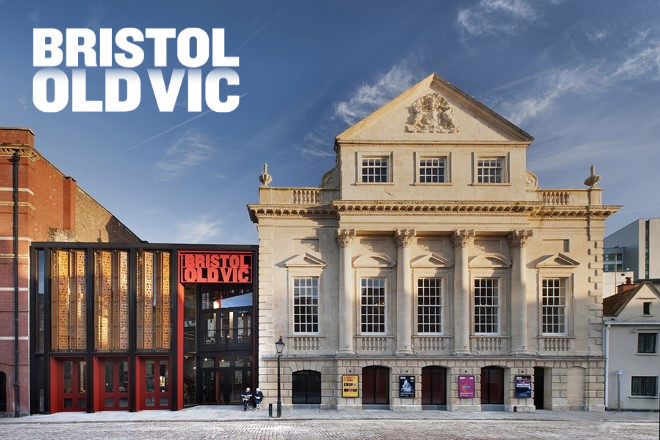
Bristol Old Vic
Spektrix and Nimbus Disability integration partnership brings new opportunities for disabled arts patrons In mid-2024, Bristol Old Vic implemented a new integration with Nimbus Disability within their...
Read more
-
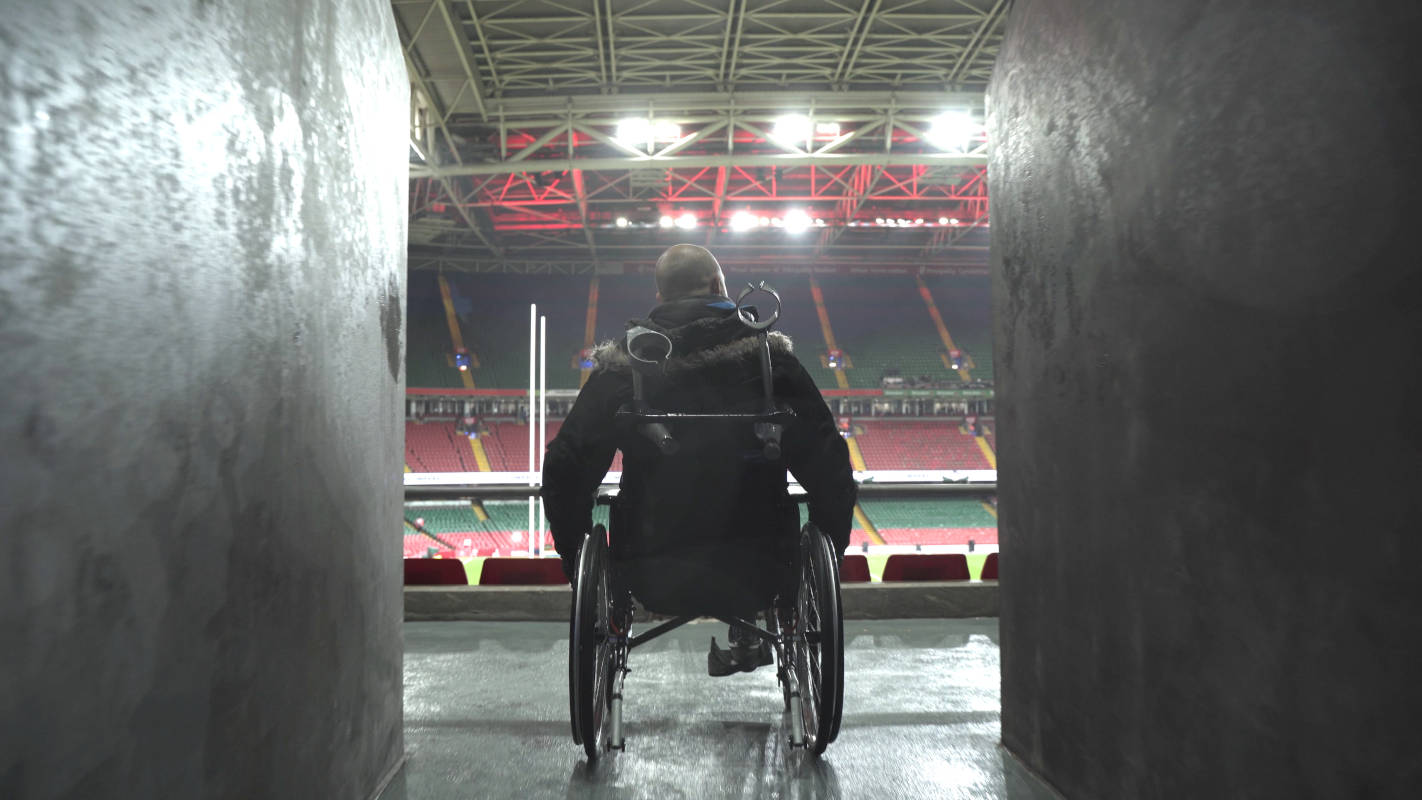
Rugby Fan Becomes Latest Access Card Ambassador
Rugby Fan Becomes Latest Access Card Ambassador A life-long rugby fan who is coming to terms with life as an amputee has been officially recognised as an ambassador for the Access Card scheme. Richard...
Read more
-
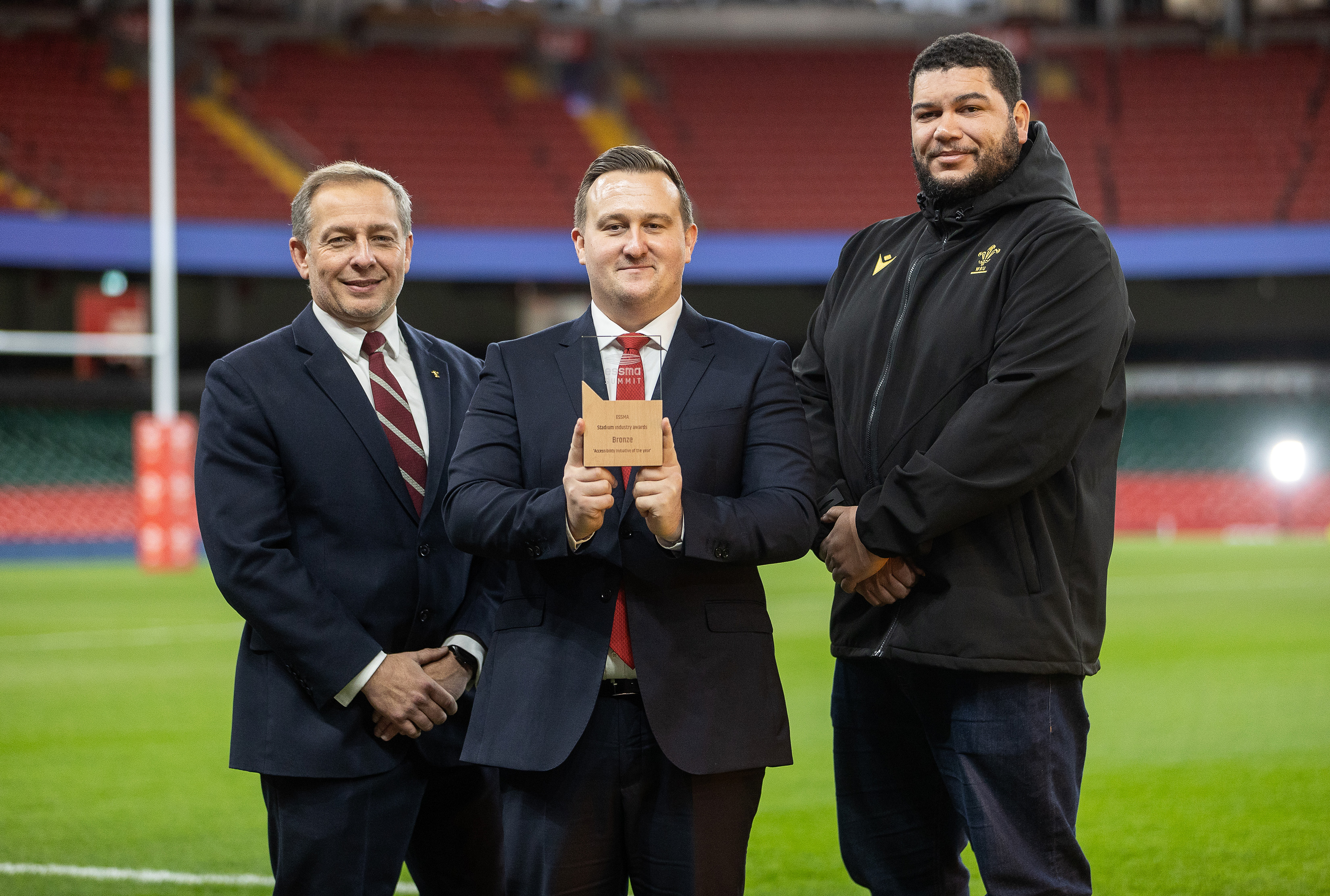
Nimbus Disability and Principality Stadium Celebrate Bronze Award for Accessibility Initiative of the Year at ESSMA Stadium Industry Awards
The stadium was credited for “enhancing inclusivity and accessibility with features like access card technology for seamless ticketing, effortless stadium entry, accessible seating and parking, dedicated...
Read more
-
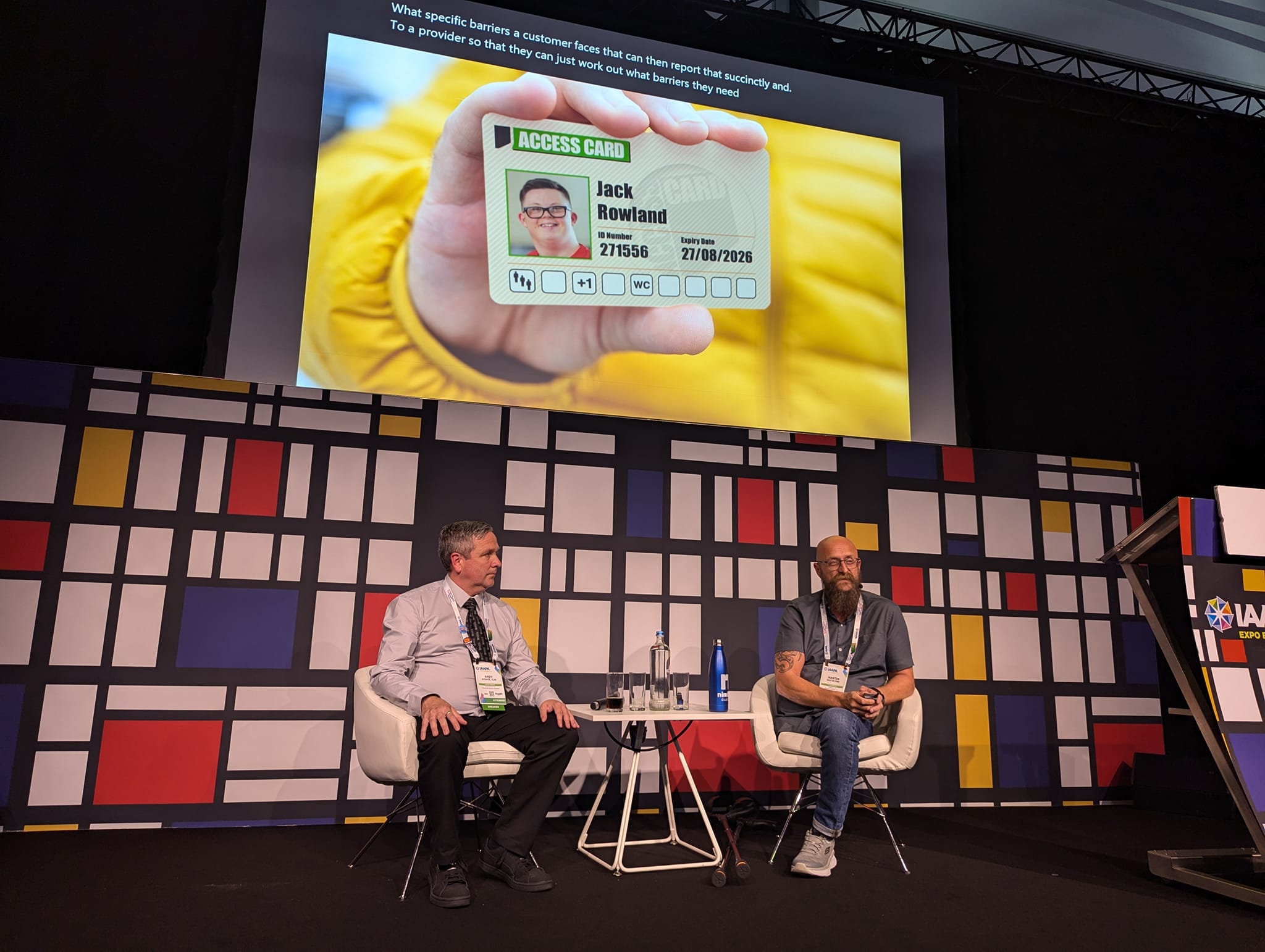
Nimbus Disability Marks Bumper Year For Leisure Partnerships
Nimbus Disability, which operates the Access Card – the first accessible ticketing scheme of its type in the world - has completed its busiest-ever season in partnership with some of the UK’s top leisure...
Read more
-
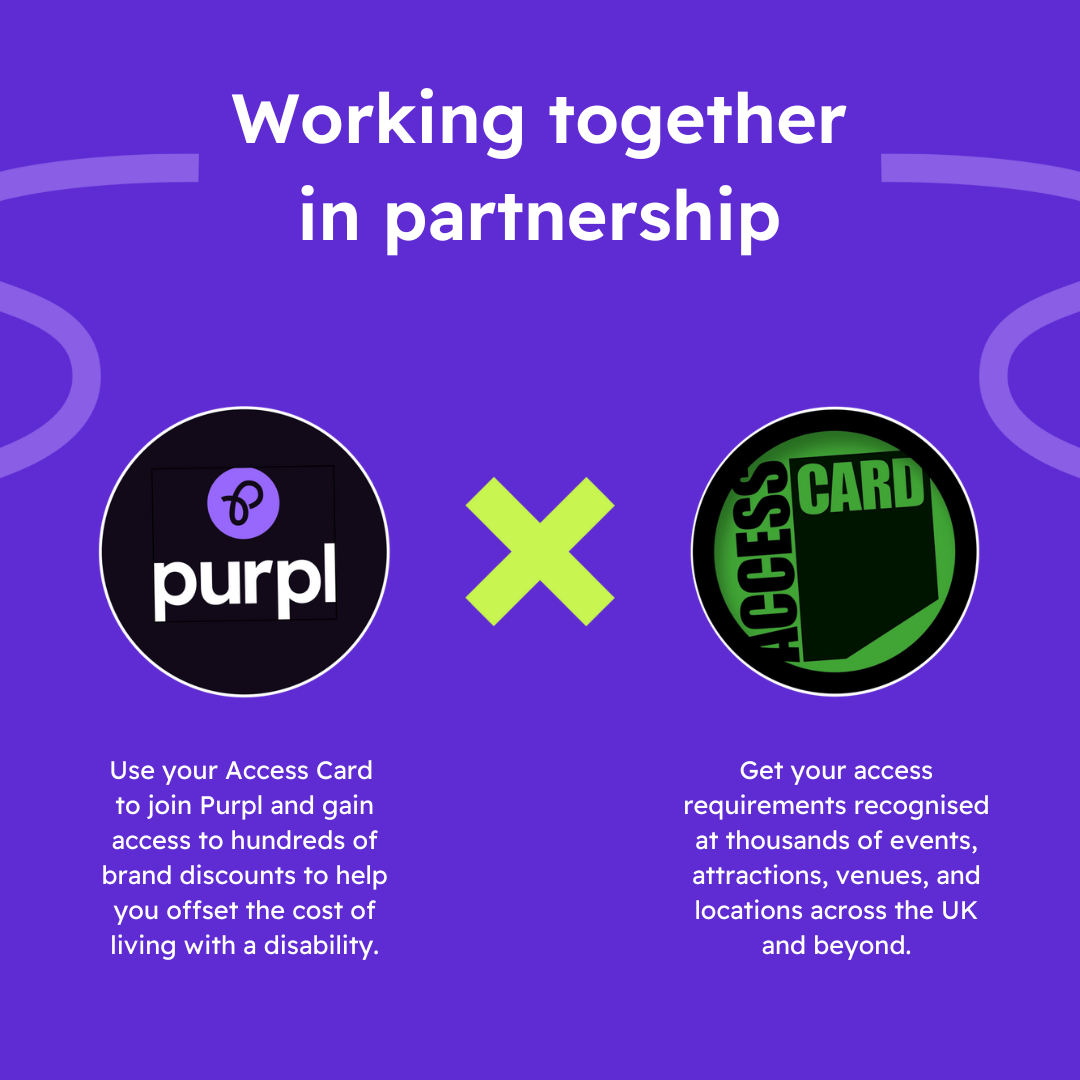
Partnership Addresses Cost of Living Challenges For Disabled People
Nimbus Disability has teamed up with Purpl to ensure more disabled people have equal access to a wide range of products, venues and events. Purpl is the UK's first discount programme, designed to help...
Read more
-
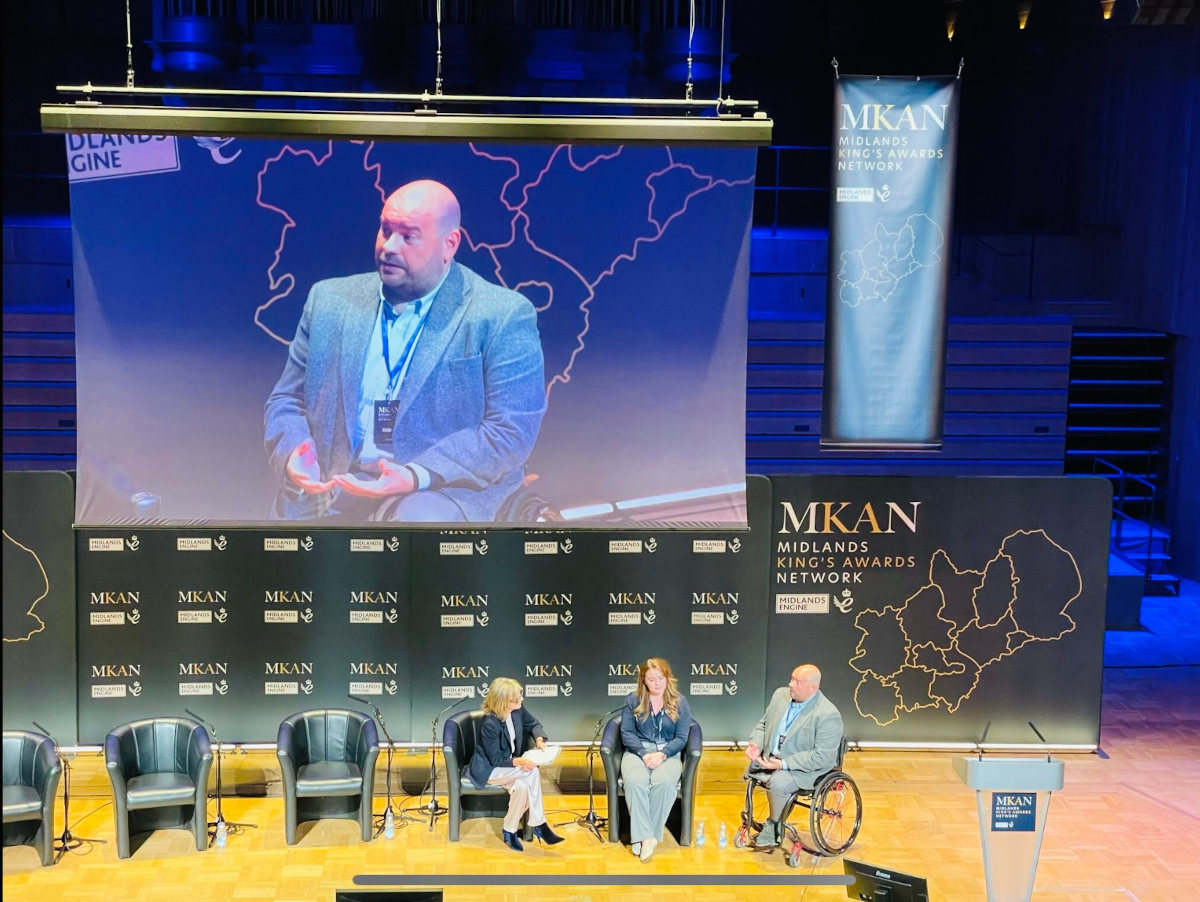
Midlands King’s Awards Network
Midlands King’s Awards Network Assembly unites region's top innovators and business leaders to drive economic growth and global competitiveness The partnership director of Derby-based social enterprise,...
Read more
-
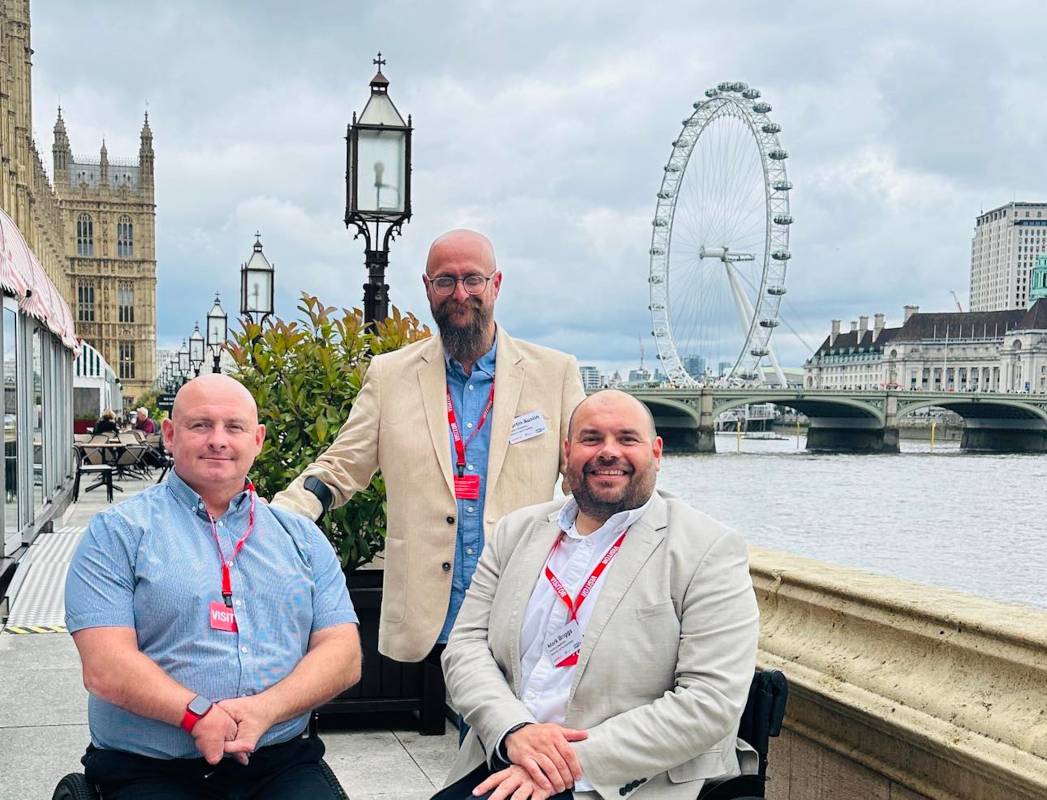
Breaking Down the Inclusion and Accessibility Barriers In Sport
Breaking Down the Inclusion and Accessibility Barriers In Sport Nimbus Disability have supported and helped facilitate a collaborative research project which has marked a summer of sport in Europe by publishing...
Read more
-
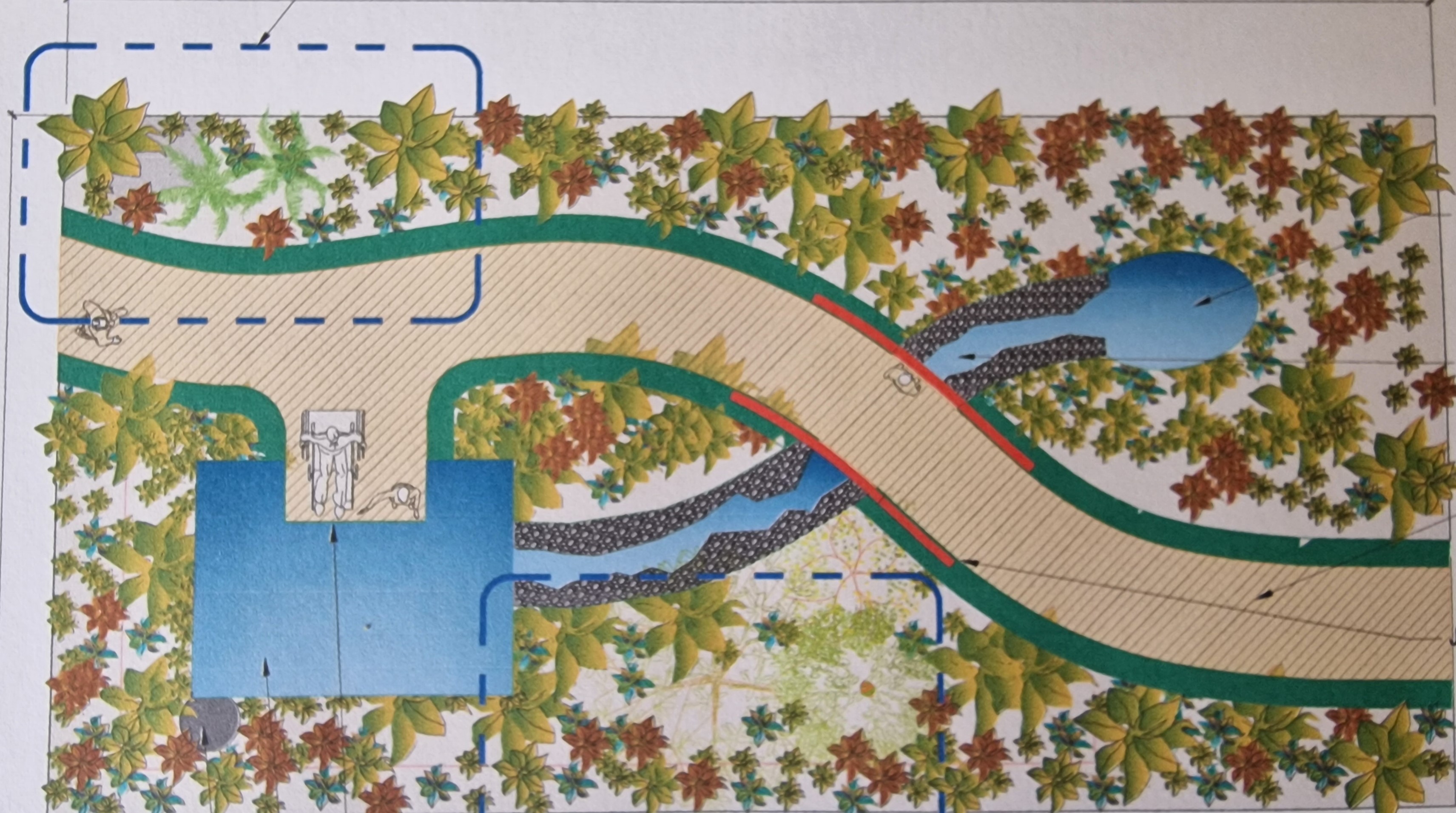
Accessible Oriental Oasis to be Unveiled at RHS Chelsea
Groundbreaking Accessible Garden Experience Debuts in the Great Pavilion at the RHS Chelsea Flower Show: May 21-25 2024. Nimbus Disability, the Derby-based social enterprise run by disabled people for...
Read more
-

Spektrix integration
At the Ticketing Professionals Conference, we were proud to demonstrate a completed ticketing integration into the Spektrix system which enables disabled customers to automatically add their access requirements...
Read more
-
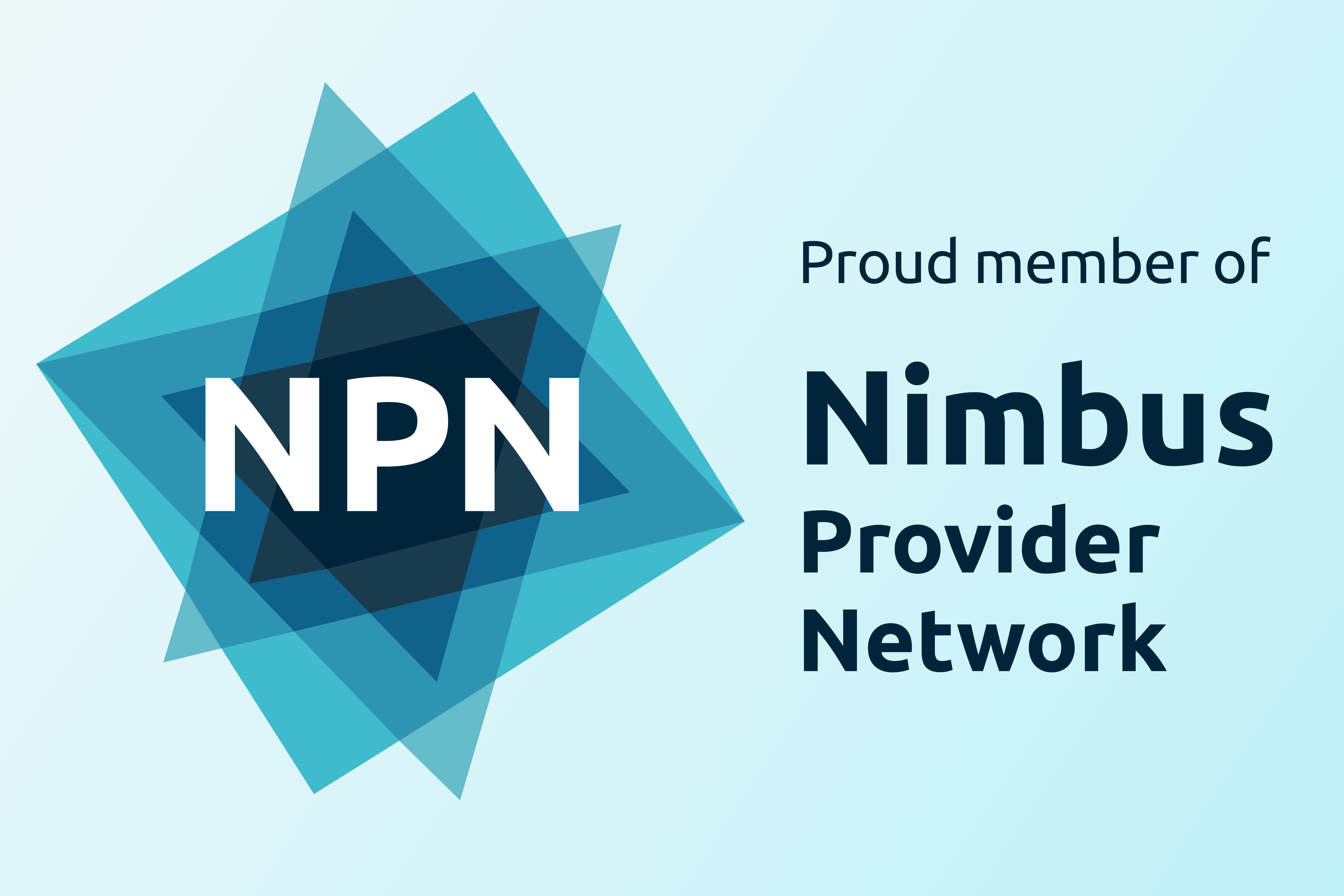
Top Service Providers Share Best Practice
More than 40 representatives of some of the UK’s top venues, ticket operators and event organisers have come together to share good practice about improving accessibility for disabled people at an event...
Read more
-
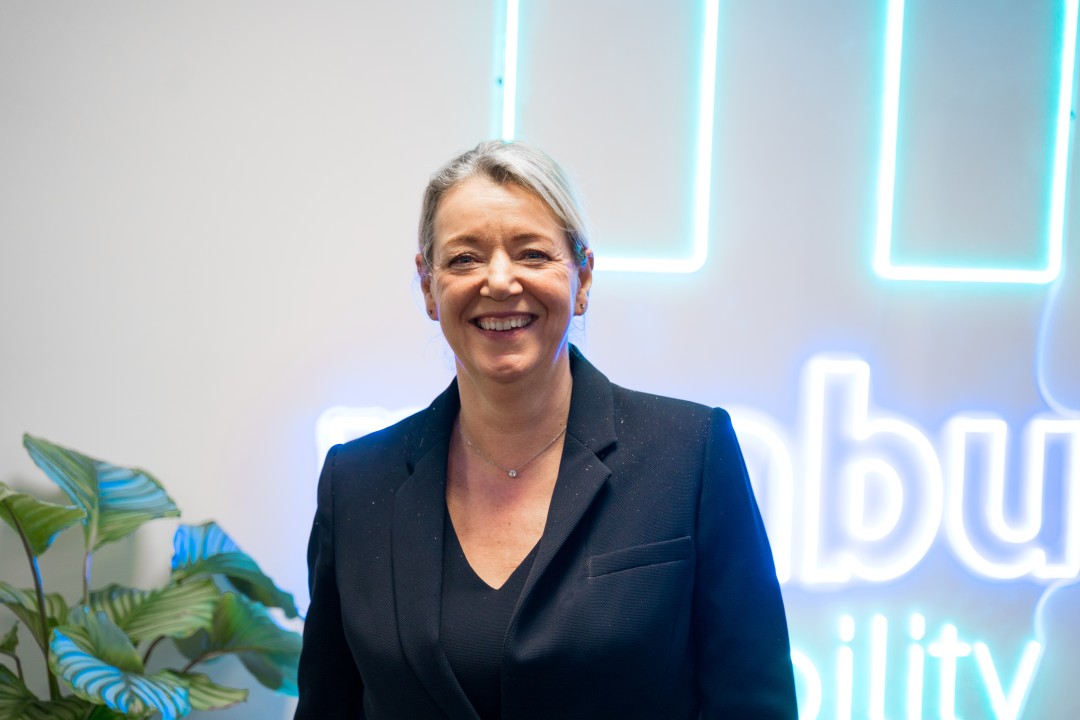
Business Leaders Join Nimbus Disability’s Board
Nimbus Disability, the Derby-based social enterprise run by disabled people for disabled people, has appointed two new non-executive directors. Lisa Sturley and Dr. David Gordon will join the established...
Read more
-
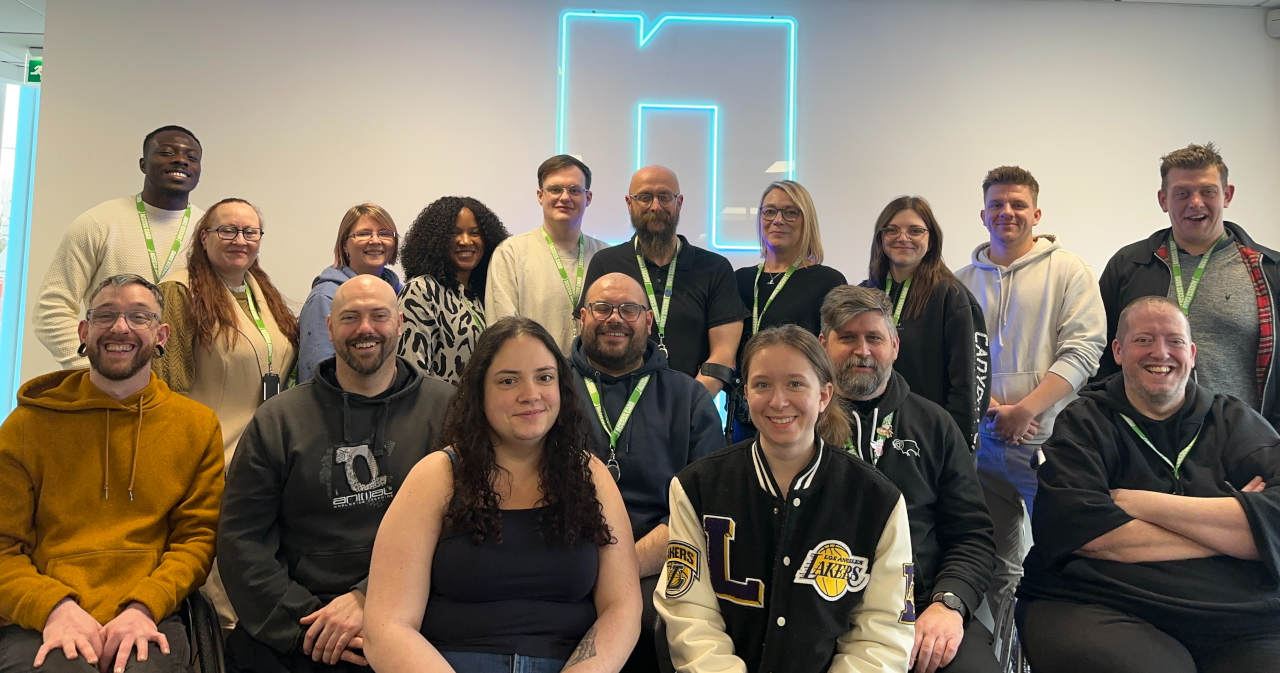
Nimbus Disability Office Move Reflects Innovative Growth
Derby-based Nimbus Disability has moved to new offices in Sir Frank Whittle Road, opposite Derbyshire County Cricket Ground, to pave the way for future expansion. The social enterprise, which is run by...
Read more